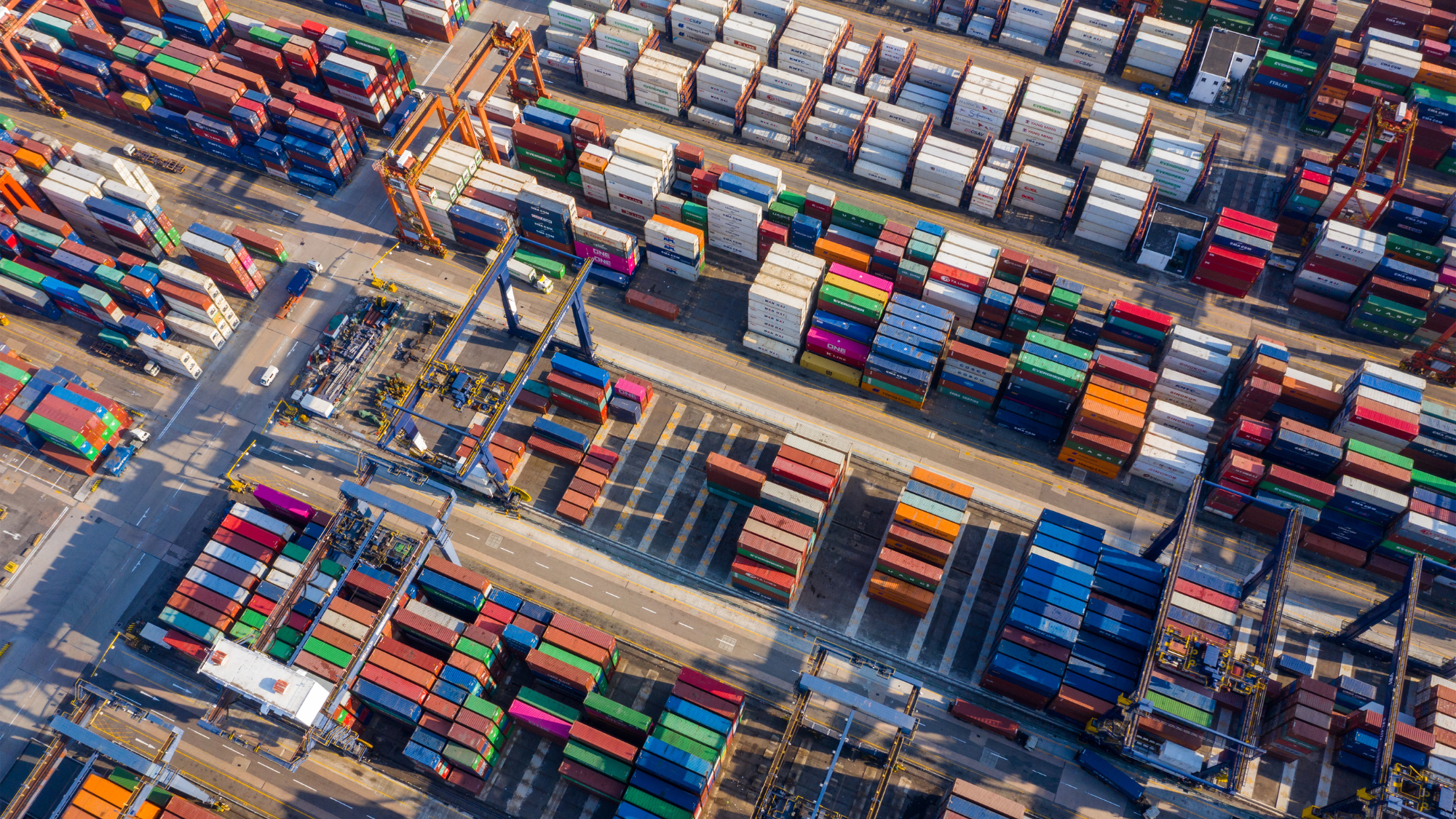
Following the Baltimore bridge collapse, transportation modes are adapting to alleviate pressures on supply chains, showcasing resilience amid challenges. Despite delays and congestion, stakeholders are swiftly responding to maintain cargo flow.
The Port of Virginia has seen a surge in handling twenty-foot equivalent units (TEUs), with plans to accommodate additional containers through April. Railroads are increasing train services between Baltimore and New York, while truck lanes are meeting capacity demands. Although some trucks are experiencing longer trip times, overall capacity is managing the aftermath effectively.
Jonathan Eisen from the American Trucking Association’s Intermodal Motor Carriers Conference reassures that while import logistics face hurdles, they are not insurmountable disruptions. Former Federal Maritime Commissioner William Doyle notes minimal impact on retail inventory, highlighting the flexibility of supply chains.
In the face of adversity, Baltimore’s resilience shines through, echoing in its supply chains. As stakeholders collaborate and adapt, the impact of the bridge collapse on cargo categories remains minimal, emphasizing the enduring strength of the supply chain.

